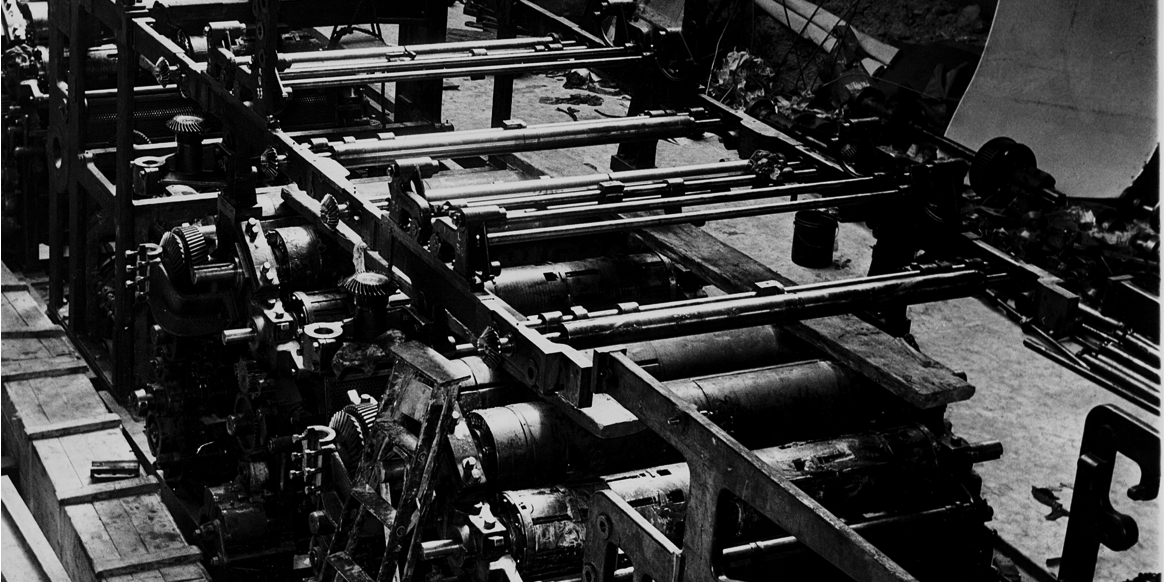Today, as we close Black History Month, we’re releasing African American Media Today: Building the Future from the Past, a look at the origins of the Black press in the United States and its future, offering recommendations for better practices moving forward.
Black newspapers were essential in providing information to freed slaves and sharecroppers who sought better lives than those offered on plantations. The safe passage, potential opportunities, marriages and deaths of the new, evolving culture of a recently freed people were realized and reported on through Black legacy newspapers.The Black press has played a crucial role in the Fourth Estate since its inception in the early 19th century. In the early days, the Black press reported mainly on issues affecting the newly-formed African American community and identity. African American news organizations highlighted the challenges and triumphs of the Black community, while providing a more nuanced portrait of the lives of Black Americans when mainstream media would report predominately negative or otherwise bigoted stories of Black Americans.
Today, the Black press struggles to remain in operation. While the virtual disappearance of traditional advertising has challenged the news industry as a whole, it has been particularly damaging to the Black newspaper industry. Shrinking staffs have left many operations without tech savvy or the manpower to quickly pivot to new revenue building operations. And while some mainstream news institutions establish paywalls for their digital media platforms, many in the African American community understand that readers are unlikely to accept news through the paywall model.
We know that diversity within journalism—in stories, in staff, and media ownership—is a vital part of ensuring the news reflects the communities which it serves. Therefore, we must do our part in supporting independent Black media outlets to make sure the multitude of stories existing in the Black community continues to have a platform.
The National Newspapers Publishers Association (NNPA), a 70+-year-old trade association comprised of African American publishers, reports its current readership at 20.1 million per week. And its demographic is 99 percent African American. Furthermore, the Black digital audience has strong numbers among Millennials and Generation Z. Some legacy outlets and NNPA members are shifting business models to appeal to an online audience, while several young entrepreneurs have launched digital-only platforms. No matter the approach or solution, Black Americans agree – almost unanimously – we must maintain independent Black media outlets. Mainstream media does not always capture news and information that is actually relevant in as much as it does write about Black Americans. And even then, these outlets are often one-note in their depictions of the Black community.
In response to the challenges facing the Black press, the Obsidian Collection is developing four potential revenue models for Black Legacy Press and digital media platforms targeting African American audiences. As our organization grows, we are attracting new media members to this movement. We will embrace emergent technologies and innovative practices to ensure the independent lack voice remains an integral part of the American conversation and news landscape, and we hope you’ll join us.
Angela Ford is the Founder and Executive Director of The Obsidian Collection Archives, a Democracy Fund grantee. This report was written by Angela with her colleagues Kevin McFall and Bob Dabney. To learn more about their work, visit www.theobsidiancollection.org or follow @ObsidianCollec1.
